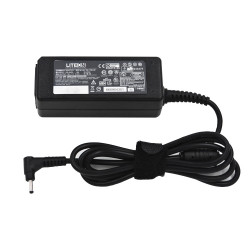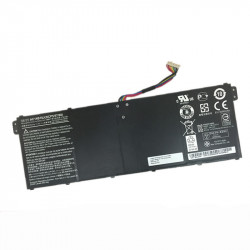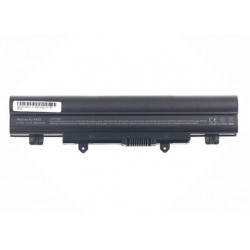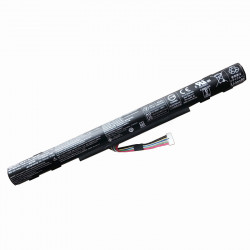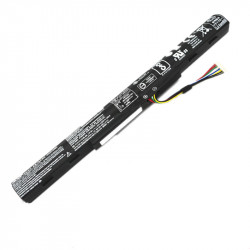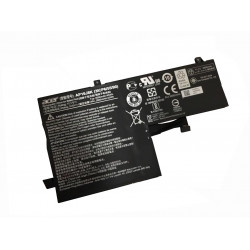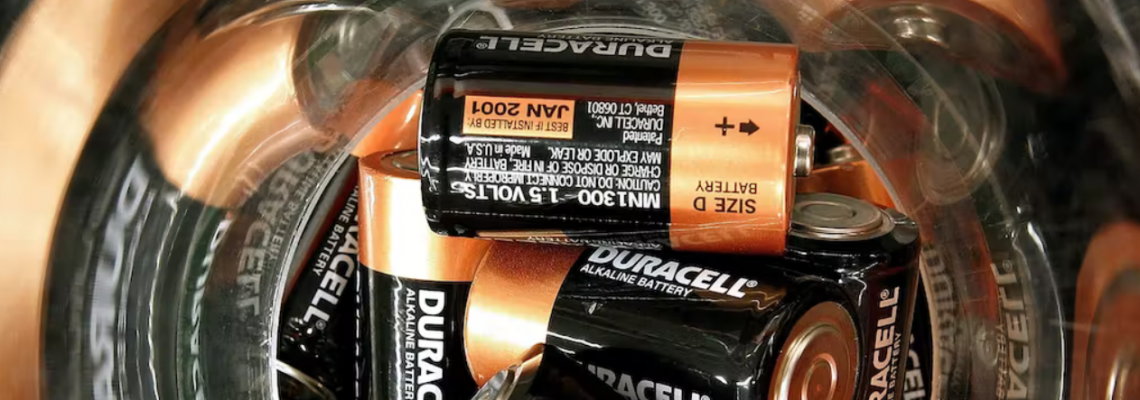
In the world of energy storage, innovation is constantly driving progress. From lithium-ion to solid-state batteries, the industry is always searching for the next big breakthrough. One promising technology that has been gaining traction in recent years is the zinc-air battery.
Zinc-air batteries are unique in that they use oxygen from the air as the cathode, which means they don't need to carry their own oxygen source. Instead, the anode is made of zinc, which reacts with the oxygen in the air to produce electricity. When the battery is depleted, the zinc can be easily replaced, making it a low-cost and eco-friendly option for energy storage.
The Advantages of Zinc-Air Batteries
One of the biggest advantages of zinc-air batteries is their high energy density. Because they don't need to carry their own oxygen source, they can store a lot of energy in a small package. This makes them ideal for use in applications where space is limited, such as in electric vehicles or in remote locations where there's limited access to power.
Another advantage of zinc-air batteries is their low cost. Zinc is a relatively cheap and abundant material, and because it can be easily replaced, the cost of replacing the anode is significantly lower than replacing the entire battery. This makes zinc-air batteries an attractive option for grid-scale energy storage.
Zinc-air batteries are also environmentally friendly. Because they don't rely on toxic materials like lithium, they're less harmful to the environment. In addition, zinc is a highly recyclable material, which means that the batteries can be easily recycled at the end of their life cycle.
Challenges to Overcome
While zinc-air batteries have many advantages, there are still challenges that must be overcome to make them a viable commercial option. One of the biggest challenges is the development of a reliable and efficient air cathode. The air cathode is critical to the battery's performance, and finding a material that can provide high conductivity while also being durable and cost-effective has proven to be difficult.
Another challenge is the development of a more efficient anode. While zinc is a cheap and abundant material, it's also relatively heavy, which can make the battery bulky and difficult to transport. Finding a lighter and more efficient anode material could help to overcome this challenge.
Zinc-air batteries have the potential to be a game-changer in the energy storage industry. With their high energy density, low cost, and eco-friendliness, they could offer a competitive alternative to lithium-ion batteries. However, there are still challenges that need to be overcome before they can become a viable commercial option. As research and development continue, the future of zinc-air batteries looks promising, and they could play a key role in powering the world's energy needs in the years to come.


